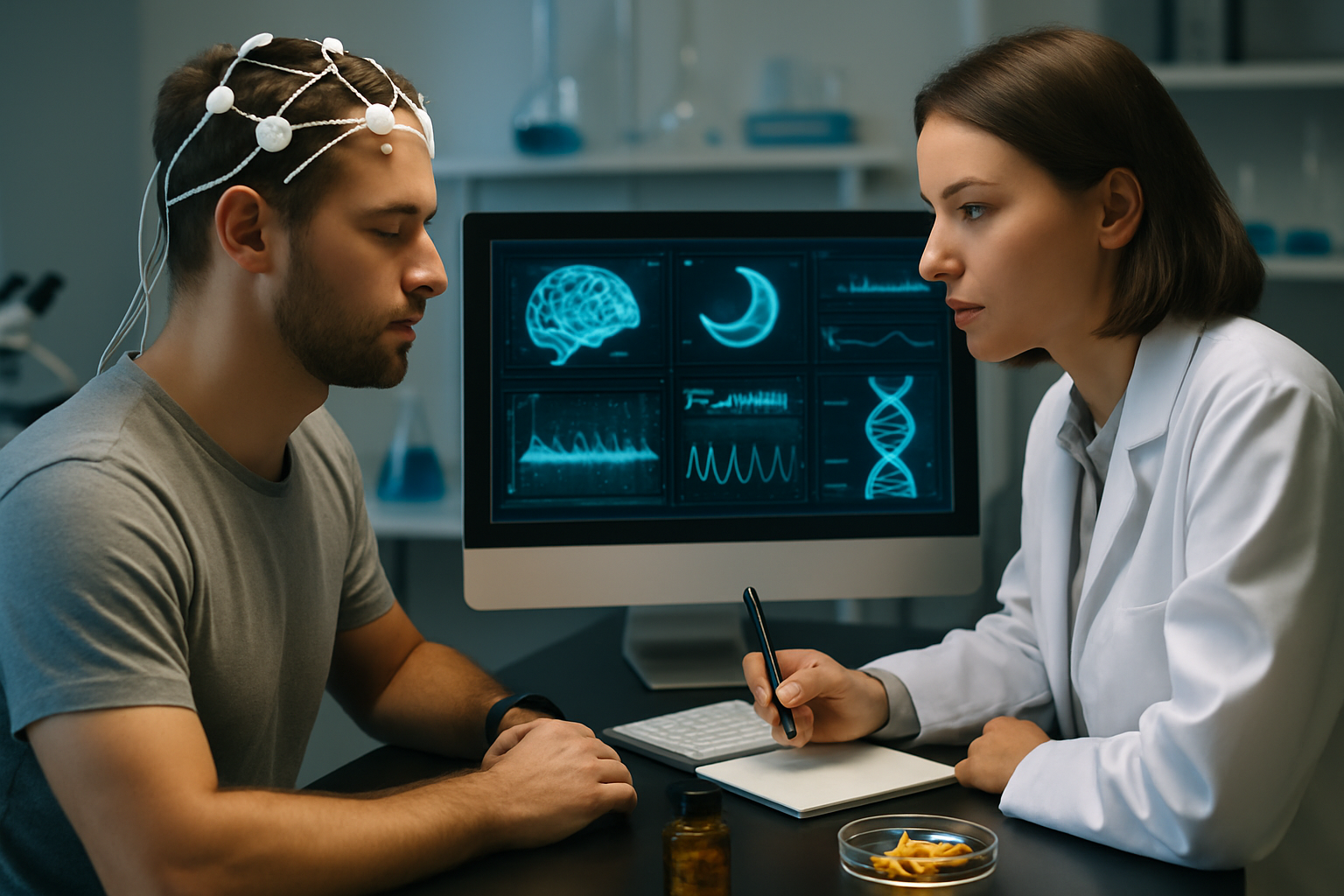Anxiety in the Digital Age: Navigating Modern Stressors
Anxiety disorders have become increasingly prevalent in recent years, with the digital age introducing a host of new stressors that contribute to this growing mental health concern. The constant connectivity, information overload, and social media pressures of modern life have created a perfect storm for anxiety to flourish. As our world becomes more interconnected, paradoxically, many individuals feel more isolated and overwhelmed than ever before. This article explores the unique challenges of anxiety in the digital era, examining how technology impacts our mental well-being and offering strategies for maintaining balance in an always-on world.

Social Media and Self-Comparison
One of the most significant contributors to anxiety in the digital age is the prevalence of social media platforms. These virtual spaces often present curated versions of people’s lives, leading to unrealistic comparisons and feelings of inadequacy. The constant exposure to carefully crafted online personas can erode self-esteem and fuel anxiety about one’s own life and accomplishments.
Information Overload and Decision Fatigue
The internet has made vast amounts of information readily accessible, but this abundance can be overwhelming. The constant influx of news, opinions, and data can lead to decision fatigue and analysis paralysis. This overload of information can exacerbate anxiety by making it difficult to process and prioritize what’s truly important.
The Blurring of Work-Life Boundaries
As remote work becomes more common, the lines between professional and personal life have become increasingly blurred. The ability to be constantly connected to work via smartphones and laptops has made it challenging for many to disconnect and relax. This constant state of “work mode” can contribute to chronic stress and anxiety.
Digital Detox and Mindful Technology Use
To combat the negative effects of digital overload, many individuals are turning to digital detoxes and mindful technology use. This involves setting boundaries around device usage, implementing screen-free times, and consciously engaging with technology in a way that enhances rather than detracts from well-being. Practices such as turning off notifications, designating tech-free zones in the home, and scheduling regular breaks from screens can help reduce anxiety and improve overall mental health.
Cultivating Real-World Connections
While technology has made it easier to stay connected virtually, it’s crucial to nurture face-to-face relationships. Prioritizing in-person interactions, joining community groups, or engaging in shared activities can help combat the isolation that often accompanies excessive digital engagement. Building strong, real-world social connections is a powerful antidote to anxiety and can provide a sense of belonging and support.
Mindfulness and Meditation in the Digital Era
Mindfulness practices have gained popularity as a way to counteract the stress of the digital age. Techniques such as meditation, deep breathing exercises, and body scans can help individuals stay grounded in the present moment and reduce anxiety. Many apps and online resources now offer guided mindfulness exercises, making these practices more accessible to those seeking relief from digital overwhelm.
The Role of Physical Activity in Anxiety Management
Regular physical exercise remains one of the most effective ways to manage anxiety, even in the digital age. Engaging in activities that get the body moving not only provides a break from screens but also releases endorphins, improves sleep quality, and boosts overall mood. Incorporating movement into daily routines, whether through structured workouts or simply taking walks, can significantly reduce anxiety symptoms.
Seeking Professional Support
For those struggling with severe anxiety related to digital life, seeking professional help is crucial. Mental health professionals can provide tailored strategies for managing anxiety in the context of modern technology use. Cognitive-behavioral therapy (CBT) and other evidence-based treatments can be particularly effective in addressing anxiety disorders exacerbated by digital stressors.
The Future of Anxiety Management in a Digital World
As technology continues to evolve, so too must our approaches to managing anxiety. Innovations in mental health apps, virtual reality therapy, and AI-assisted counseling show promise in providing new tools for anxiety management. However, it’s essential to balance these technological solutions with time-tested practices that promote human connection and overall well-being.
In conclusion, while the digital age has introduced new challenges for those prone to anxiety, it has also opened up novel avenues for support and treatment. By understanding the unique stressors of our modern world and implementing strategies to maintain balance, individuals can navigate the digital landscape while prioritizing their mental health. As we continue to adapt to an increasingly connected world, fostering resilience and developing healthy relationships with technology will be key to managing anxiety and promoting overall well-being.




